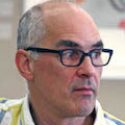Eight professors receive Romnes Faculty Fellowships
Eight promising young members of the UW–Madison faculty have been honored with Romnes Faculty Fellowships.
Romnes awards recognize exceptional faculty members who have earned tenure within the last six years. Selected by a Graduate School committee, winners receive an unrestricted $50,000 award for research, supported by the Wisconsin Alumni Research Foundation.
The award is named for the late H. I. Romnes, former chairman of the board of AT&T and former president of the WARF Board of Trustees.
This year’s awardees are:
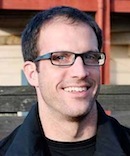
Ahlquist
John Ahlquist, associate professor of political science, whose research focuses on how democracy and capitalist economic institutions coexist in a global economy. His work has opened several new lines of inquiry in the study of labor unions, labor market institutions and the relationship between economic inequality and political democracy.
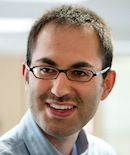
Coon
Joshua Coon, professor of chemistry, who leads a research group that develops chemical instrumentation for the analysis of biological systems. Since Coon arrived at UW–Madison in 2005, his group has published roughly 100 peer-reviewed research articles and produced nearly a dozen patents.
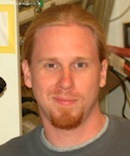
Lynn
David M. Lynn, professor of chemical and biological engineering, whose research focuses on the synthesis of soft materials and the fabrication of nanostructured surfaces and interfaces. His work has advanced the design of reactive and responsive organic thin films, with applications in the areas of drug delivery and gene therapy, biomolecular sensing and the design of new non-wetting surfaces.
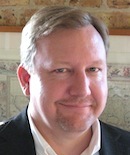
Shoemaker
Karl Shoemaker, associate professor of history, a medieval legal historian who has published on topics such as sanctuary for criminals, capital punishment, law and revenge, and the devil’s legal career. Shoemaker is an advisor to the American Bar Foundation, a director of the Consortium for Undergraduate Law and Justice Programs, and currently directs UW–Madison’s Medieval Studies Program.
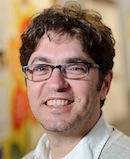
Squire
Kurt Squire, professor or curriculum and instruction, who is co-director of the Games+Learning+Society Initiative at the Wisconsin Institute for Discovery. Squire researches games for learning and, with colleagues, has developed software projects including Citizen Science, Virulent, and ProgenitorX used in and out of schools around the world.
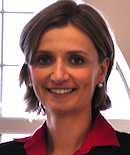
Szlufarska
Izabela Szlufarska, associate professor of materials science and engineering and of engineering physics, who develops simulations to discover new phenomena in nanomechanics and to provide a molecular-level understanding of materials behavior in harsh environments of nuclear reactors.
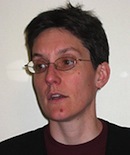
Wendland
Claire Wendland, associate professor of anthropology, who studies sickness and healing in southeast Africa with particular attention to the impacts of culture, social interactions and expectations on people’s health. Her 2010 book, “A Heart for the Work,” was the first ethnography of an African medical school. She is now studying explanations for maternal death in Malawi.
_Williams.jpg?1400773226)
Williams
John (Jack) W. Williams, professor of geography, who works at the intersection of climate science, global change ecology, and Quaternary paleoecology. Williams, who serves as director of the Nelson Institute’s Center for Climatic Research, focuses on deglaciation over the past 20,000 years as a model for understanding plant species and community responses to rapidly changing and novel climates.


